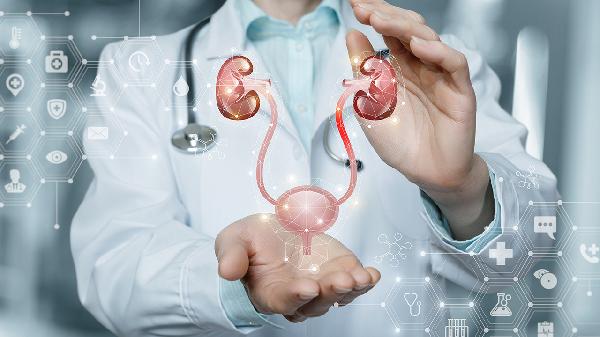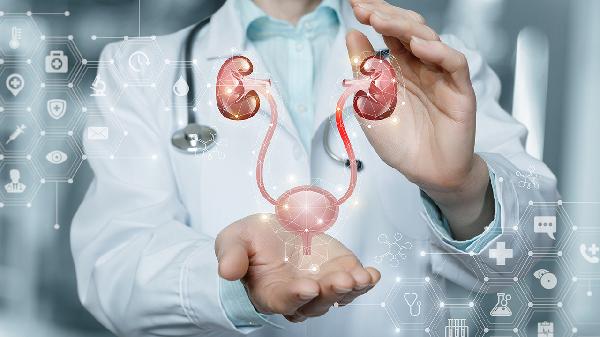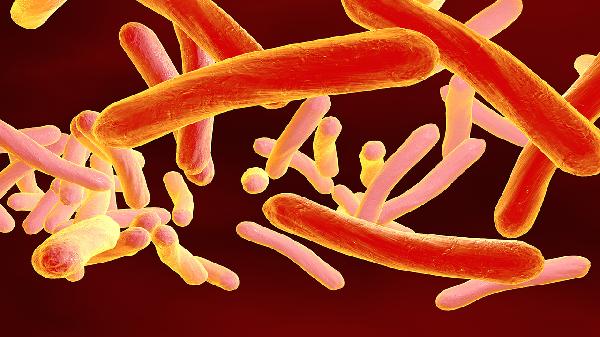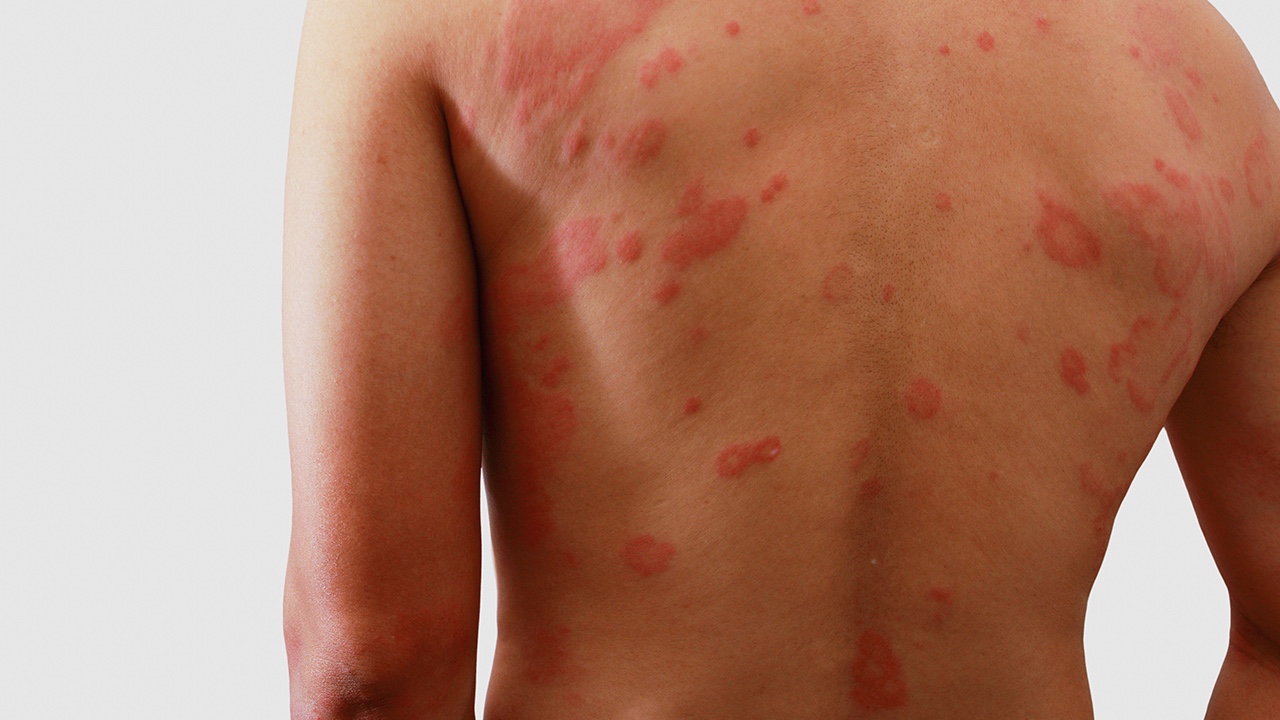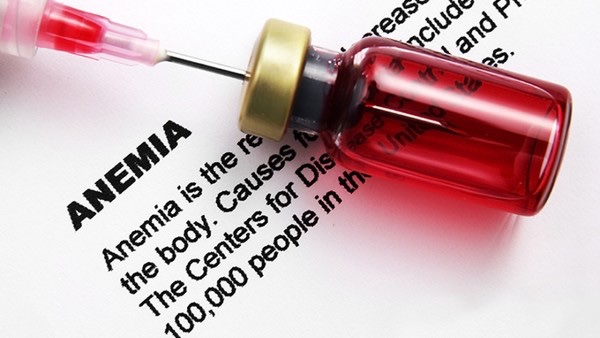Sexual Health
Male Functional Ejaculation Disorders Explained
Male functional ejaculation disorders are a group of conditions that disrupt the normal ejaculation process, significantly impacting sexual health
Prolonged Erection Treatment: Effective Solutions and Care
Prolonged erection, also known as priapism, is a medical condition characterized by an erection that lasts for more than four hours without sexual
Emergency: Paraphimosis - Penile Constriction
Paraphimosis is a medical condition that occurs when the foreskin of an uncircumcised male is retracted behind the head of the penis and cannot be
Is It Normal for a Husband to Feel Sex is a Chore?
In a recent consultation, a woman shared her concerns about her husband’s declining interest in intimacy. Both in their late 30s, they should be in
Occasional Sexual Failure Doesn't Mean Loss of Sexual Ability
For many men, sexual ability is narrowly defined as the capacity to engage in intercourse. This limited perspective often leads to profound feelings
Low Sperm Count: Understanding Male Fertility Issues
Male infertility is a complex condition often rooted in congenital factors, lifestyle choices, or underlying health issues. Common causes include
5 Early Signs of Gonorrhea You Shouldn’t Ignore
Gonorrhea, caused by Neisseria gonorrhoeae, is a common STI in China, primarily affecting young adults. Symptoms include urethral discharge, itching, and painful urination. Untreated, it can lead to infertility. Treatment includes medical care, dietary adjustments, and avoiding spicy, inflammatory foods.
What to Eat for Genital Herpes Care: Tips and Advice
For genital herpes care, maintain genital hygiene, avoid scratching, and use disinfectants. Prevent recurrence by avoiding alcohol, smoking, fatigue, cold, and spicy foods. Enhance immunity through exercise. Herbal remedies include Scutellaria barbata, purslane, fig leaves, and rhubarb mixtures.
What Causes HIV Infection? Key Factors Explained
AIDS, first identified in 1981, rapidly became a global epidemic with high mortality. Caused by HIV, it attacks the immune system, leading to severe opportunistic infections. HIV-1 is the primary cause, while HIV-2 is less virulent. No cure exists, and prevention remains critical.
HIV-Positive Diet: Key Nutritional Guidelines for Better Health
HIV causes AIDS by destroying the immune system, leading to infections and tumors. It mutates rapidly, complicating treatment. Transmission occurs via bodily fluids. Carriers may remain asymptomatic for years. A high-protein, nutrient-rich diet supports health, while avoiding raw, cold, and spicy foods. Certain foods like soybeans and garlic may inhibit HIV. Proper nutrition and hygiene are crucial for managing symptoms and improving survival.
